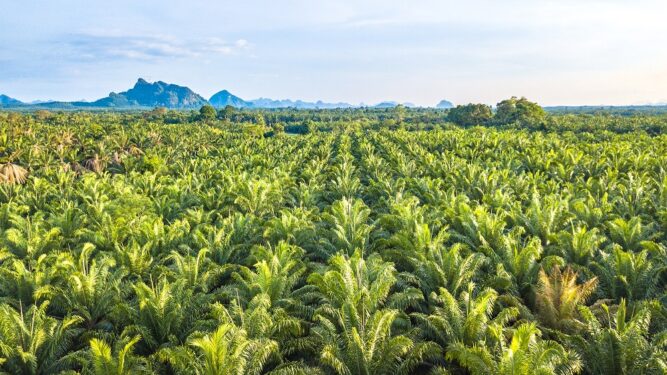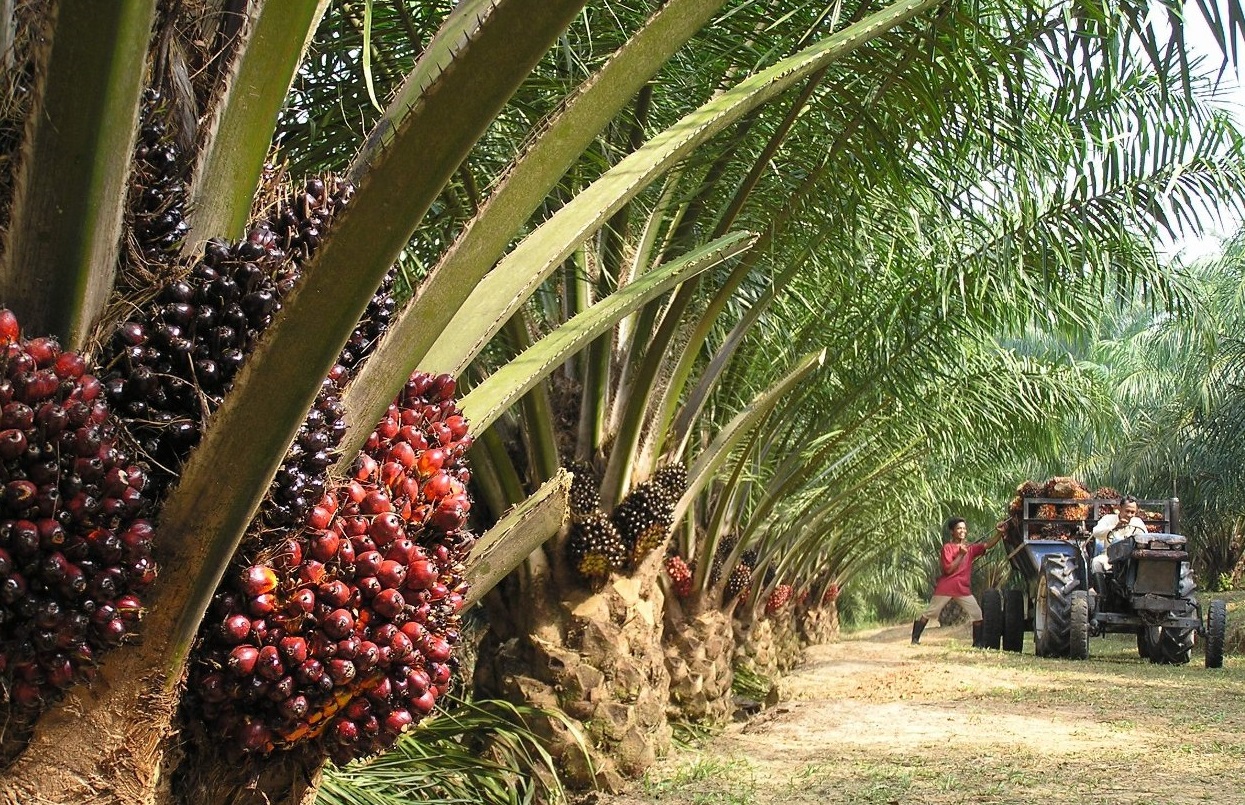MALAYSIA and Indonesia can be considered examples of “success stories” in deforestation, according to a research manager from the Washington-based Global Forest Watch (GFW).
“They have been (success stories) for a number of years now, ever since the 2015 fires (linked to the El Niño),” revealed GFW senior geographic information system research manager Liz Goldman.
“We’re really seeing government and corporate actions coming together to have a positive influence there,” she was quoted as saying in a report by UK’s The Guardian on the progress of deforestation throughout the world.
Among others, the report said falling deforestation rates in Indonesia, Malaysia, Colombia and Brazil could help efforts to combat climate change and protect biodiversity.
In this regard, Goldman said existing data indicated that Malaysia and Indonesia have made strides where deforestation was concerned.
The article also quoted Arief Wijaya, programme director for the World Resources Institute in Indonesia, who acknowledged that government efforts to better protect forests have produced results.
No more a culprit
He said the palm oil sector in Indonesia and Malaysia – the world’s top producers of the commodity – were no longer major drivers of deforestation.

According to The Guardian report, Wijaya urged caution on the European Union’s (EU) new deforestation law which bans imports of commodities grown on land deforested after 2020.
He said the law may fail to recognise the progress made by countries where deforestation is concerned.
Previously, GFW, an online platform which allows for near real-time monitoring of forests, observed that there was a sharp drop in forest loss in both Malaysia and Indonesia since 2017.
GFW has also said that Malaysia reduced primary forest loss by 70% between 2014 and 2020. The key reasons for this include a commitment to a “No Deforestation, Peat and Exploitation” (NDPE) policy which bans new deforestation and development of peat lands.
In Malaysia, efforts to ensure better sustainability of the industry through the establishment of the Malaysia Sustainable Palm Oil (MSPO) have also contributed to reduced deforestation.
The MSPO’s high standards are applicable to palm oil industry players from corporations to over 300,000 smallholders nationwide.
Positive government action has continued in more recent years with a plantation area cap established in 2019 through 2023 and new forestry laws enacted in 2022 to stiffen penalties for illegal logging. – Aug 14, 2023









